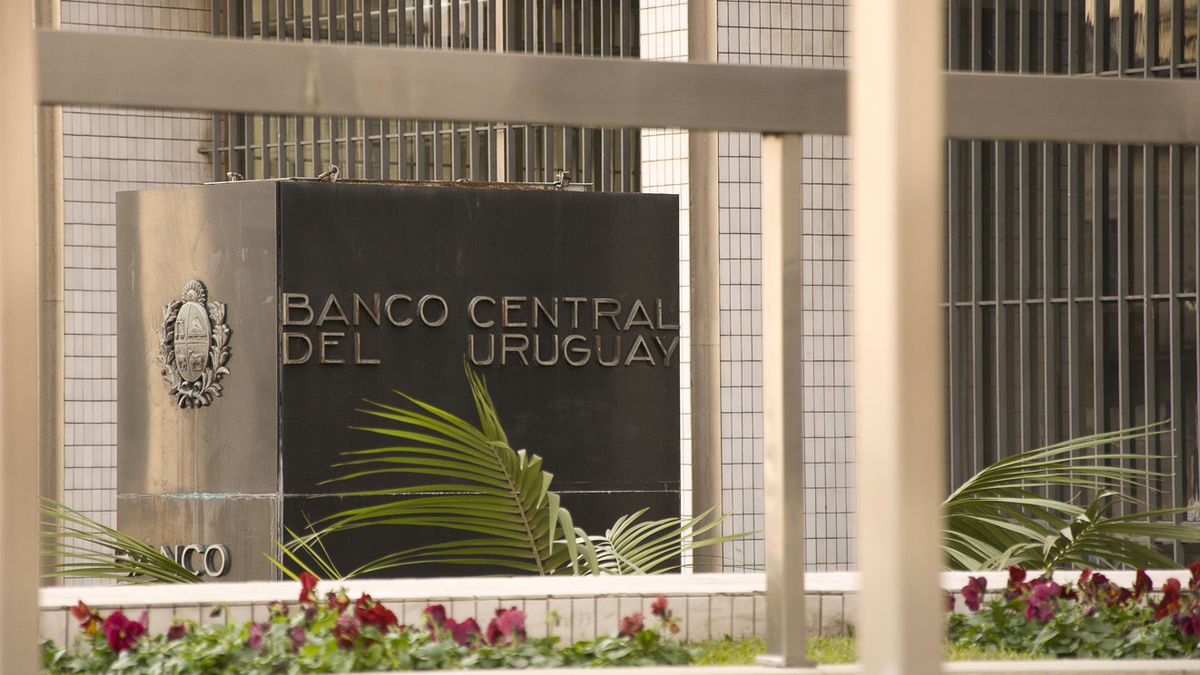He Central Bank of Uruguay (BCU) developed the project that expands the set of companies that access the exchange rate futures market to advance in the purpose of granting greater transparency and depth to this market, and opened it to public consultation until April 10 to know the opinion on the initiative.
The document that condenses the ideas that began to be discussed at the beginning of February was prepared by the Economic Policy and Markets Management, and maintains that the floating exchange rate top and the volatility of international markets are the factors that reinforce the need to strengthen risk management and thus achieve greater efficiency in the allocation of resources; which, in turn, will make it possible to create value for all interested parties, as well as achieve greater stability in financial results.
In this sense, the authorities understand that it is necessary to move forward with the development of the future exchange market in areas of negotiation to streamline it and give it greater depth by broadening the spectrum of entities that may be authorized to participate on their own account.
Standardized contracts are traded in this market future price of the exchange rate, which can be acquired indistinctly by private or public companies. In turn, this could be complementary to the forward operations that companies already carry out together with banks.
Who will be able to participate in the exchange market in the future?
The BCU established two categories for legal entities that aspire to participate in the future exchange market by carrying out operations exclusively on their own account.
On one hand, the first category It is for legal entities that, at the end of the last financial year, the total balance of their assets has been greater than or equal to 7,500 million Indexed Units (approximately 1,087 million dollars) and that the balance of his assets has been greater than 3,750 million UI (543 million dollars).
In the second category there will be those whose total balance of their assets has been less than 7,500 million UI and greater than 750 million UI (approximately 109 million dollars) and with a balance of equity of less than 3,750 million and greater than 375 million UI (54, 3 million dollars).
Based on these requirements, both categories must prove to the Economic Policy and Markets Department that they have adequate knowledge of the operation of future exchange markets and that they adequately manage their risksso that management decides on the authorization based on compliance with the requirements and considerations of convenience and opportunity.
The report also clarified that the authorization will expire if in each calendar year the legal persons do not comply with a certain volume operated. In the case of the first category, it will happen when the entity does not verify future exchange operations for an amount greater than 200 million dollars, considering all the areas of negotiation in which it operates. Those authorized within the second category must operate a minimum amount of 30 million dollars.
Source: Ambito




